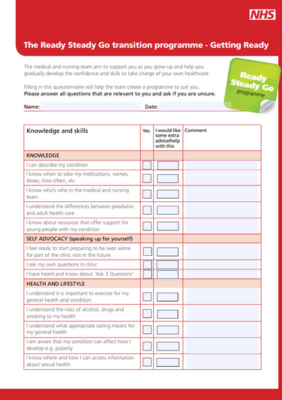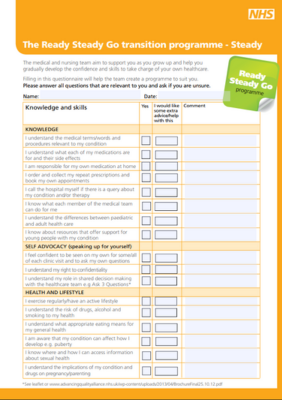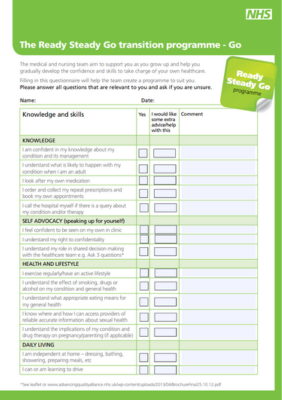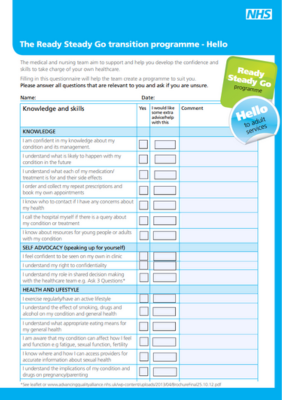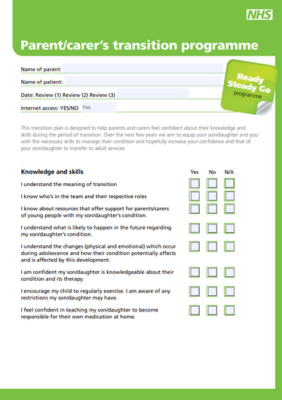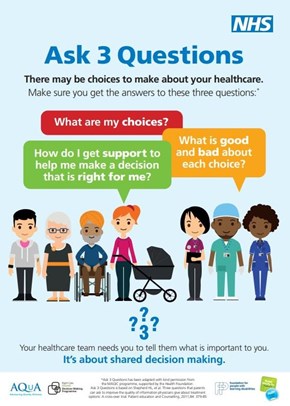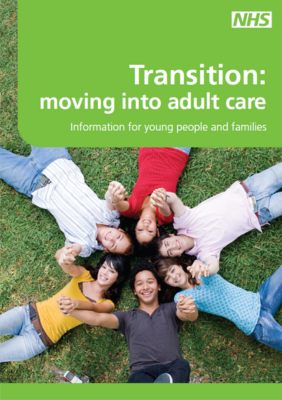 Download: Introduction to the Ready Steady Go transition plan
Download: Introduction to the Ready Steady Go transition plan
Useful links - long term health conditions:
PEEER youth workers - here to support young people aged 11 to 25 who have a long term health condition
Ready Steady Go plan for diabetes
Transitioning to adult diabetes clinics
Diabetes: useful information for young adults
Transitioning to adult epilepsy services
Health Talk: short video interviews with people affected by health issues, sharing experiences from the patient perspective
Terrific Teens: digital stories from young adults, and their parents, about living with chronic conditions such as severe allergies, sickle cell anaemia, diabetes, inflammatory bowel disease
Useful links - young people's mental health:
Kooth: free access to online counselling and an online community of young people
Young Minds: mental health charity for young people
Good thinking: mental health and wellbeing advice ,with specific resources for eating disorders and ADHD
Mind: a wide range of free information, resources and mental health support services
Mental Health Foundation: podcasts, videos, stories and other support if you are struggling with your mental health
Headspace and Calm are mindfulness apps, you can try both for free.
MeeTwo: A free, safe and anonymous mental health app for 11-25 year olds, with fully moderated peer-support
Useful links - life advice for children, teens and young people:
Health for Teens: sexual health advice
Talk to Frank: honest information about drugs
My Big Career: Charity with the mission to provide free one-to-one career guidance to young people from disadvantaged backgrounds and to break down barriers to social mobility

